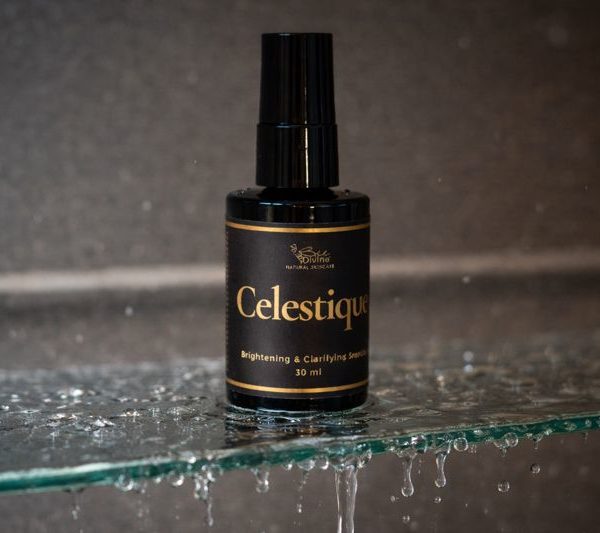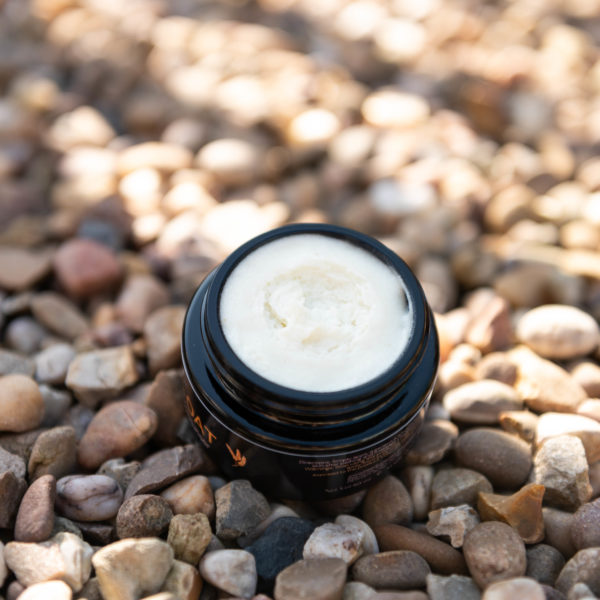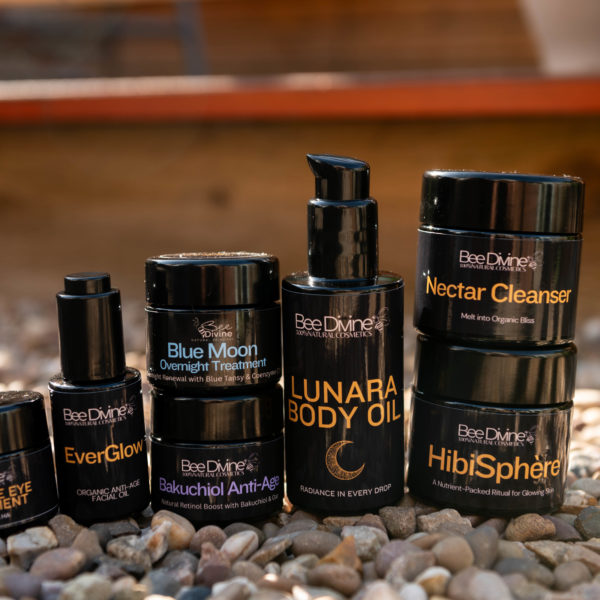Palm oil is one of the most widely used vegetable oils in the world. Found in everything from processed foods to cosmetics, its prevalence has sparked debates about its effects on our health and the environment. But what’s the truth? Is palm oil truly bad for our body, and what exactly makes it potentially harmful? Let’s dive deeper into the facts and myths surrounding palm oil.
What Is Palm Oil?
Palm oil is derived from the fruit of the oil palm tree (Elaeis guineensis). It’s prized for its versatility, long shelf life, and heat stability, making it a common ingredient in a wide range of products. There are two main types of palm oil:
1. Crude Palm Oil – extracted from the pulp of the fruit.
2. Palm Kernel Oil – derived from the kernel or seed of the fruit.
The Health Debate: Is Palm Oil Harmful?
Myth: Palm Oil Is Always Unhealthy
While palm oil does contain saturated fat, it also provides unsaturated fats, vitamins A and E, and antioxidants. The nutritional profile of palm oil largely depends on its processing:
• Raw, Unrefined Palm Oil: Contains nutrients like tocotrienols (a form of vitamin E) and beta-carotene, which are beneficial.
• Refined Palm Oil: Often stripped of nutrients, making it less nutritious and potentially harmful when consumed in excess.
Fact: Overconsumption of Refined Palm Oil Can Be Harmful
The high saturated fat content in palm oil has raised concerns about its role in heart disease. When consumed in large amounts, it can contribute to elevated cholesterol levels. Moreover, processed foods containing palm oil are often high in trans fats, linked to obesity and cardiovascular diseases.

What Is Really Dangerous About Palm Oil?
1. High Levels of Saturated Fats
Palm oil contains around 50% saturated fats, which, when consumed excessively, can increase LDL cholesterol levels.
2. Processing and Contaminants
High-heat processing can produce harmful contaminants like 3-MCPD and glycidol, linked to kidney damage, fertility issues, and cancer.
3. Environmental Impact and Ethical Concerns
Deforestation for palm plantations leads to habitat destruction and contributes to climate change. Many plantations also exploit workers.
Should You Avoid Palm Oil Completely?
Avoiding palm oil entirely isn’t always feasible, nor necessary. Instead:
1. Read Labels: Choose sustainably sourced palm oil (e.g., RSPO-certified).
2. Choose Raw or Unrefined Palm Oil when cooking.
3. Consume in moderation within a balanced diet.
Final Thoughts
Palm oil isn’t inherently “bad.” Its health effects depend on processing and consumption. The greater concern is environmental and ethical. At Bee Divine, we exclude palm oil and instead use sustainable, skin-loving ingredients to nourish your skin—and your values.









